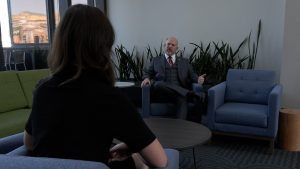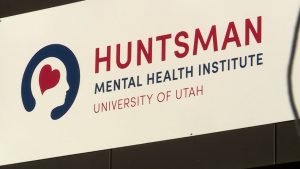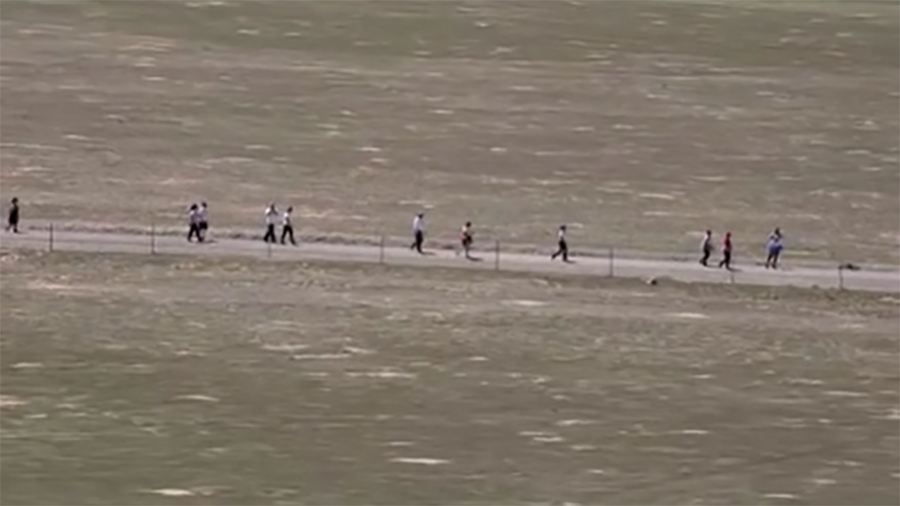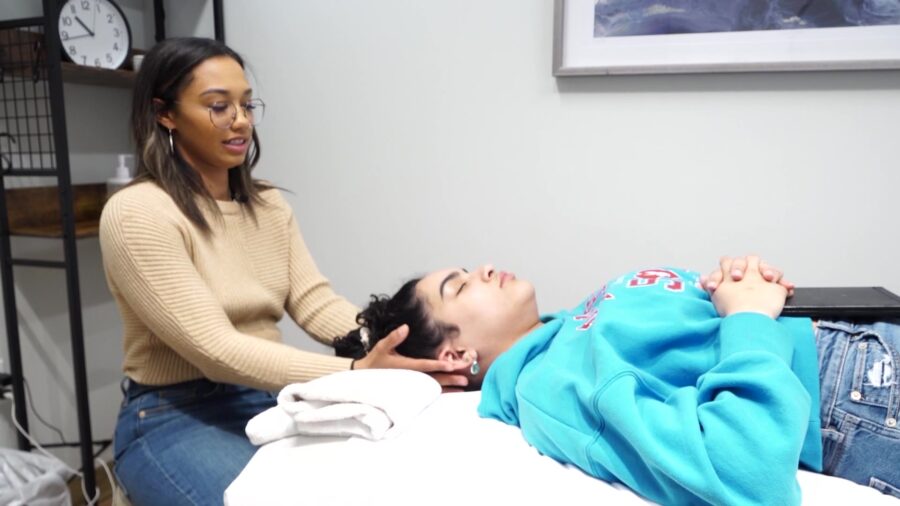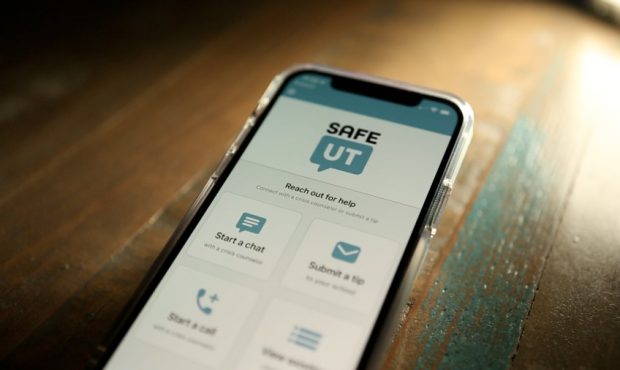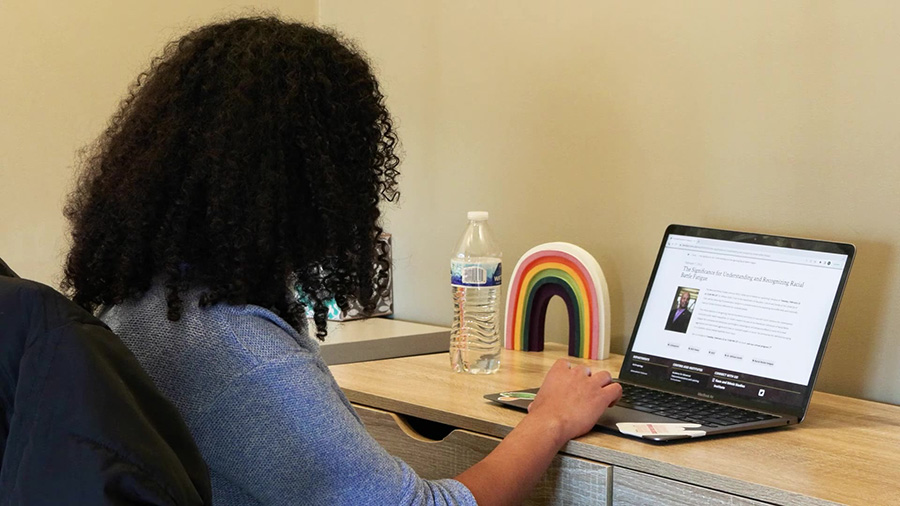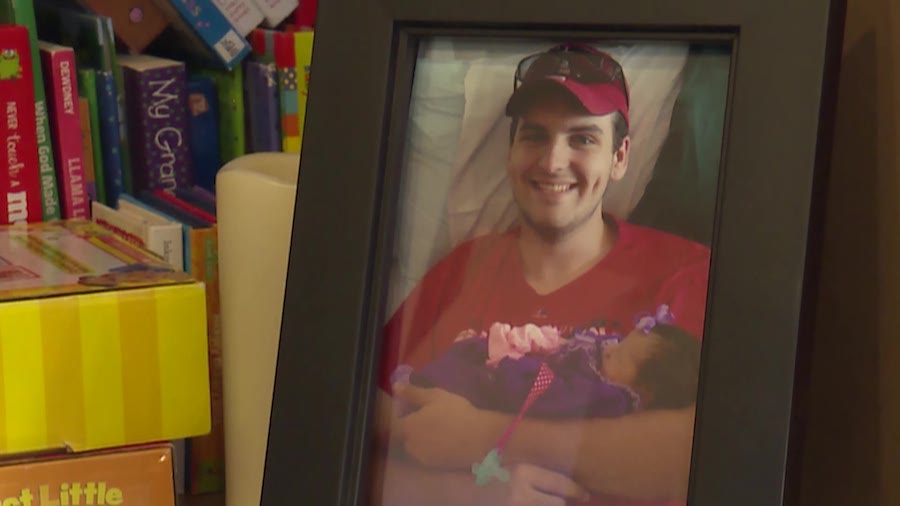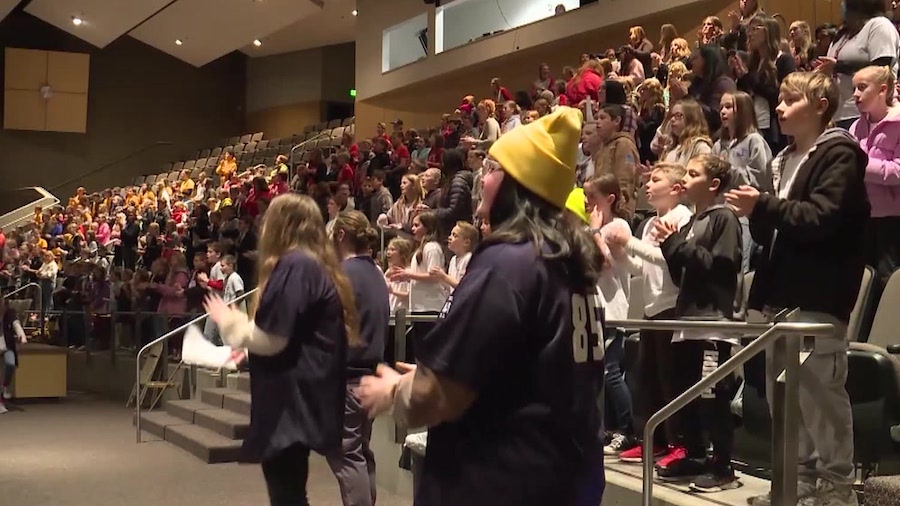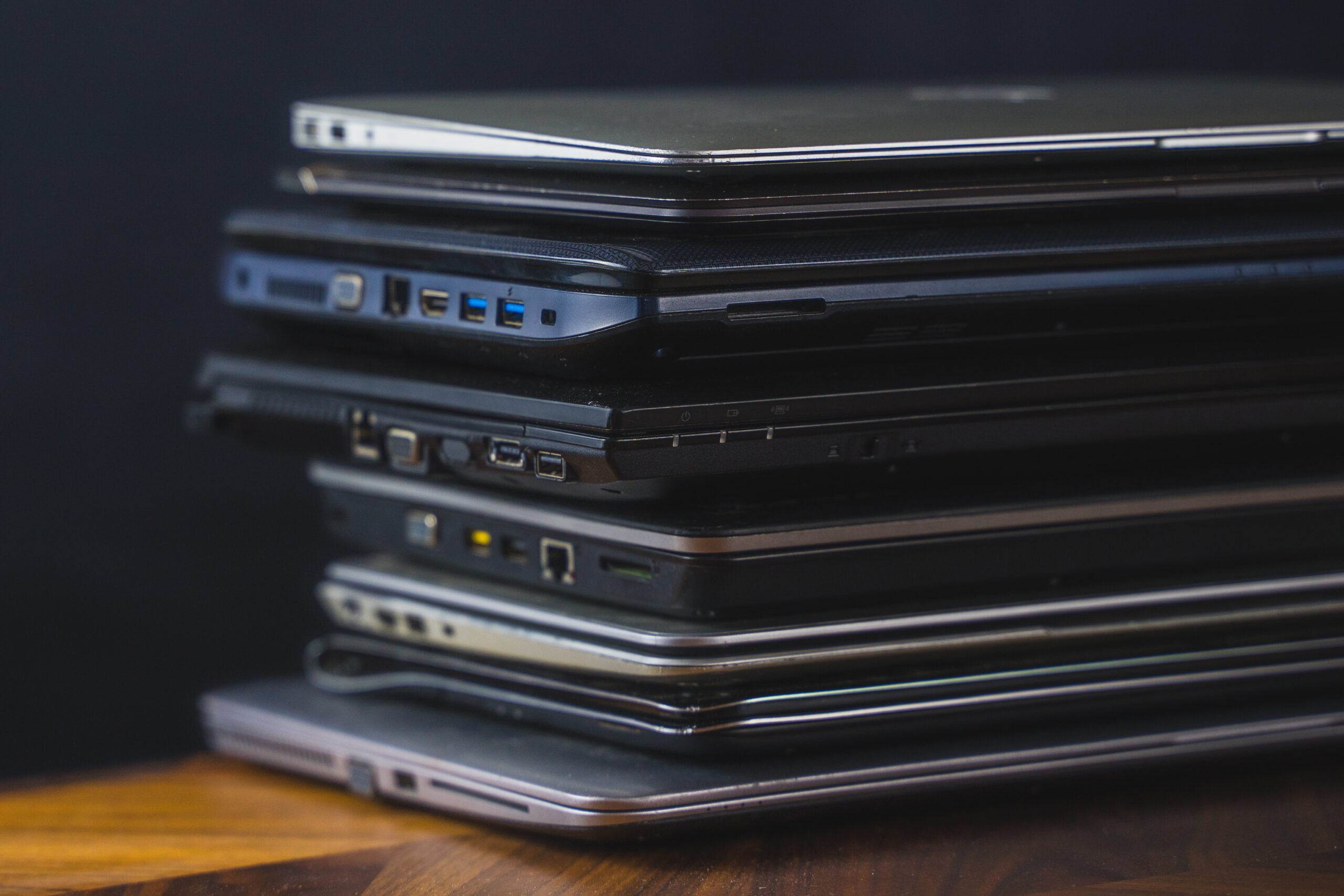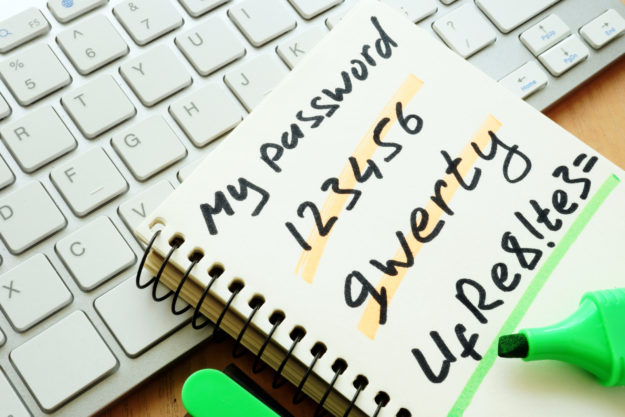HEALTHY MIND MATTERS
Utah’s connection to a national 3-digit suicide prevention hotline
Jul 13, 2022, 6:45 PM | Updated: Jul 26, 2022, 3:40 pm
SALT LAKE CITY – It will soon be easier than ever to connect with mental health professionals across the country during a crisis. The three-digit phone number, 988, launches this Saturday.
Sen. Daniel Thatcher, R-West Valley, began the push for a three-digit suicide prevention hotline for Utah nearly a decade ago.
His 2014 bill, SB 232, which would have made 311 a suicide hotline for Utah – failed.
“There was opposition from one city mayor and one county mayor who wanted to use it for a vanity phone number for government services,” Thatcher explained.
In 2016, Sen. Orrin Hatch and Rep. Chris Stewart heard Thatcher’s idea of a three-digit helpline.
“We said this is a good idea. We need to do this nationally,” Stewart recalled.
Stewart said they worked on it for nearly five years, and eventually, Congress paved the way for 988 to become a national suicide hotline.
“It’s going to save lives,” Stewart said. “We hope that in a short amount of time, everyone in the country will know that I can get help if I call 988.”
Thatcher and Stewart said the thinking behind the bill was to create an easy-to-remember number, similar to 911.
“The smallest child, if they know what a phone is, they know how to get police, fire, and ambulance. It’s as simple as 911,” Thatcher said. “We needed a three-digit number that people could remember no matter how dire their circumstances.”
When you call 988, you will be connected to a mental health professional that is local to the area code you are calling from.
“We know that suicide is preventable,” said Rachel Lucynski, Director of Community Crisis and Support Services with Huntsman Mental Health Institute.
Lucynski said they have been preparing for the launch of 988 for two years – by hiring more staff and ensuring that staff is equipped to handle the influx of calls.
She said since last July, Utah’s suicide prevention line has received more than 102,000 calls – an 11 percent increase from the previous year, proving the need for this resource.
“It really is a brief window when someone is in suicidal crisis, to when they think of taking their life and acting on it,” Lucynski added. “If they can call 988, we are confident suicide deaths can be prevented.”
Other suicide prevention lines will remain active. Lucynski said you can still call 1-800-273-TALK. Either that or 988 will direct you to a local mental health professional who’s available 24/7.
This new resource means a lot to Laura Warburton. She lost her 16-year-old daughter, Hannah, to suicide in 2014.
Warburton said Hannah was full of life and lived an extremely active lifestyle – which led to a few concussions.
“I really believe for her that was the impetus of her mental illness,” Warburton said. “After her final accident, she had to be home and hospitalized, and that was embarrassing to her.”
Warburton said her daughter called her therapist in crisis one night in 2014, and it went to voicemail.
“That was her last call,” she said. “She ended her life that day.”
Warburton said that the launch of 988 means everything to her after losing her daughter.
“I remember when Senator Thatcher called and told me the bill had passed, I just bawled,” she expressed. “I mean, it’s just incredible. There isn’t anyone that won’t remember 988.”
Warburton created a foundation in memory of her daughter called Live Hannah’s Hope which provides information on local mental health resources.
The Huntsman Mental Health Institute is looking for more mental health professionals to work at their call center. To apply, you can visit their website.
Other resources
If you or someone you know is experiencing suicidal thoughts or exhibiting warning signs, call the National Suicide Prevention Lifeline at 1-800-273-TALK (8255) or the Utah Crisis Line at 1-800-273-8255, which is answered 24/7/365 by crisis counselors at Huntsman Mental Health Institute.
You can also text TALK to 741741 and parents, students, and educators can download the SafeUT app chat or call 833-3SAFEUT to connect with a licensed crisis counselor.
- Parents, students, and educators can download the SafeUT app chat or call 833-3SAFEUT to connect with a licensed crisis counselor.
- First responders, including firefighters, law enforcement, EMS, and healthcare professionals, can chat with a crisis counselor at no cost 24/7/365 by downloading the SafeUT Frontline app and members of the National Guard can access help through the SafeUTNG app.
- For non-crisis situations, when you need a listening ear as you heal and recover from a personal struggle, call the Utah Warm Line at 1-833 SPEAKUT 8:00 a.m.-11:00 p.m., 7 days a week, 365 days a year.
- At Huntsman Mental Health Institute, women can access maternal mental health services including birth trauma, pregnancy loss, infertility, and perinatal mood and anxiety disorders.
- LiveOnUtah.org, a campaign by the Utah Suicide Prevention Coalition offers suicide prevention training and has resources for faith-based groups, youth, LGBTQ+, and Employers.
Other community-based organizations that provide suicide prevention services, support groups, mental health education, counseling services, and support:
- NAMI Utah: education, support, and advocacy for individuals and families impacted by mental illness
- Latino Behavioral Health Services: Latinx mental health education and support
- American Foundation for Suicide Prevention: Utah Chapter
- Encircle Utah: LGBTQ+ family and youth resource center
- Utah Pride Center: empowers Utah’s diverse LGBTQ+ community
- U.S. Department of Veterans Affairs mental health
- Center for Workplace Mental Health: suicide prevention and response for employers
Additional crisis hotlines
- Utah County Crisis Line: 801-226-4433
- Salt Lake County/UNI Crisis Line: 801-587-3000
- Wasatch Mental Health Crisis Line: 801-373-7393
- National Suicide Prevention Crisis Text Line: Text “HOME” to 741-741
- Trevor Project Hotline for LGBTQ teens: 1-866-488-7386

